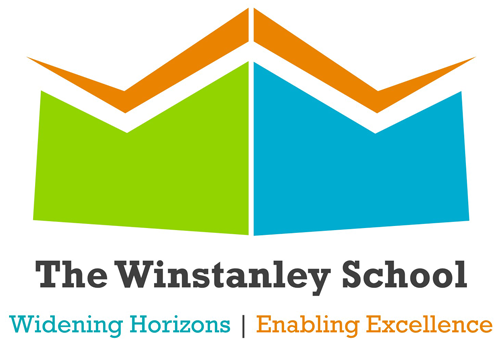Key Stage 3
At Key stage 3 Geography provides opportunities for students to develop an understanding and appreciation of the world around them. The curriculum aims to develop the students’ interests in both human and physical geography exploring topics such as extreme weather, development and landscapes. Countries such as Australia and India are studied in detail exploring cultural diversity, causes of change in ecosystems and landforms. Key geographical skills are introduced such as map reading and data analysis to prepare students for the transition to KS4.
In human geography we focus on issues concerning development, and how this can be measured/gauged in a 21st century context.
Throughout our curriculum we also have a sustained focus on disciplinary literacy. We want all students to learn to read, write and speak like geographers and therefore assessment and feedback focuses heavily on developing those skills.
Key Stage 4
Geography involves many different ways of working. The emphasis is on active learning and the attainment of high standards. Students have the opportunity to develop and to practise vital skills through a variety of activities. This may be through: small group or paired activities, role plays/simulations, film/audio resources, games and quizzes, active learning techniques, extended writing, or creative model making.
Key Stage 4 geography follows the AQA course which has 3 exams at the end of year 11. Paper 1 (1 hour 30 mins) focuses on physical geography: natural hazards, physical landscapes in the UK, the living world. Paper 2 focuses on (1 hr 30) human geography: urban issues and challenges, the changing economic world, the challenge of resource management. The 3rd paper (1 hour 15 mins) assesses students’ understanding of geographical applications, issue evaluation and the compulsory fieldwork element of the course.
A mixture of approaches are taken in lessons including that of investigating, listening, reading, writing, role-play, topical discussion, debating, ICT use and information processing.
